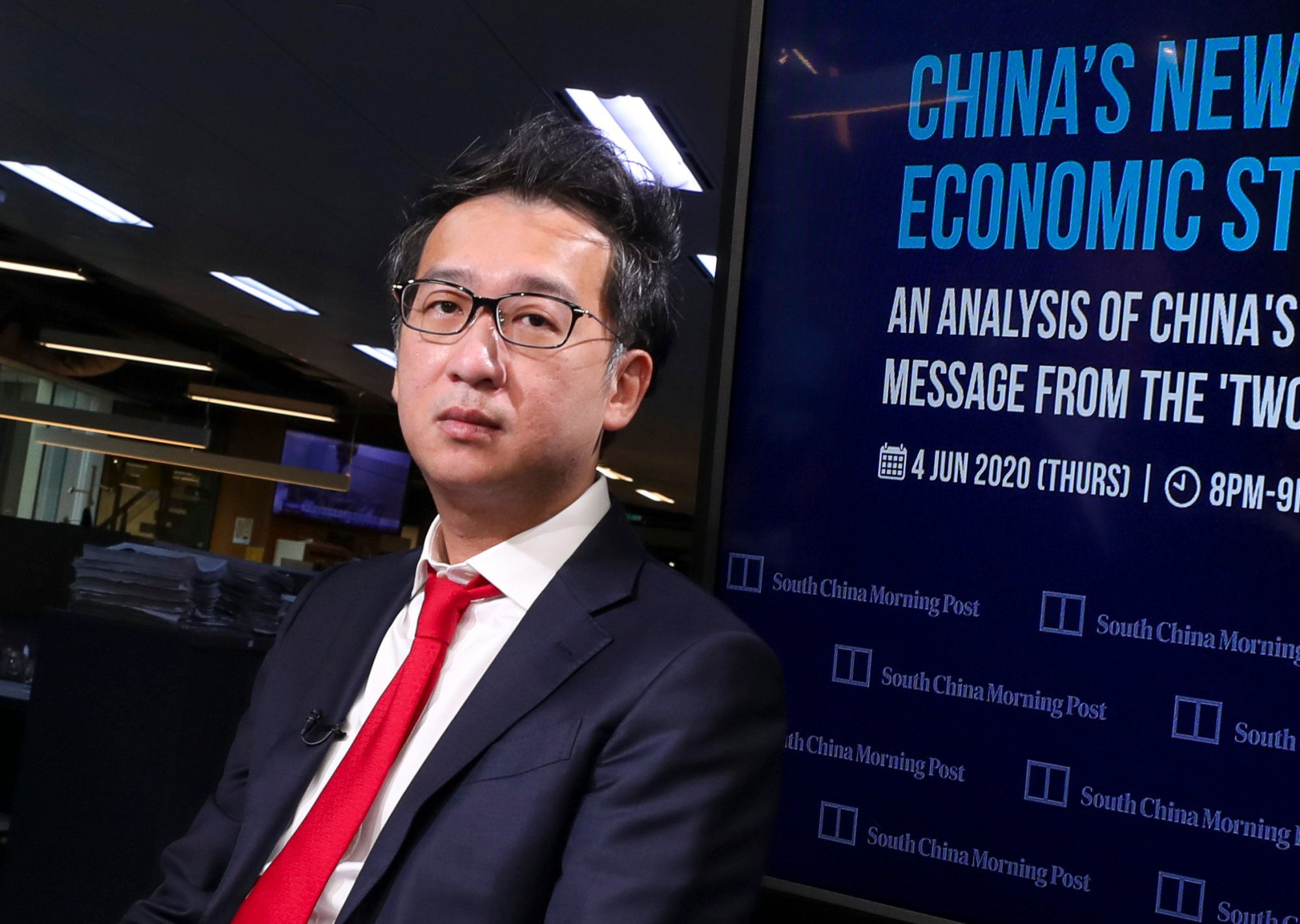[ad_1]
Average trading volume in Hong Kong has shrunk to less than HK$94 billion (US$12 billion) per day this month, a level not seen since September last year. The Shenzhen and Shanghai exchanges processed a combined 723 billion yuan (US$97 billion) of transactions per day, the lowest since May 2020, according to Bloomberg data.
Activity was lowest in the city this year on September 20 when HK$71.3 billion changed hands, a 38 per cent slump from the first six months this year. on the mainland, the low was 575 billion yuan on September 20, or 39 per cent off the pace in the January to June period.
The numbers suggest investors at home and abroad are abandoning the markets, discouraged by the poor outlook for Asia’s biggest capital market. Beijing has shunned a bazooka-style stimulus after a short-lived post-pandemic euphoria, abetting a US$955 billion market wipeout across the three exchanges this year.
“This is typical bear market behaviour,” said Hao Hong, partner and chief economist in Hong Kong at Grow Investment Group, a Chinese hedge fund. “From a trading point of view, the market here is trending badly. Not many want to be the contrarian.”

The Hang Seng Index has slid 10.4 per cent this year, the worst performer among major global stock indices. The CSI 300 Index, which tracks the largest Chinese companies listed in Shanghai and Shenzhen, fell 4 per cent over the same period to a 10-month low.
Foreign investors sold US$15 billion worth of A shares during the past seven weeks, the largest cumulative sell-off on record, according to Goldman Sachs. Global hedge funds’ net allocations to China have also declined to 8 per cent of their books, approaching the low seen in October last year, the US bank said. BlackRock strategists this month cut their tactical view to neutral on the property market drag.
BlackRock loses confidence in Chinese stocks as property slump stokes losses
BlackRock loses confidence in Chinese stocks as property slump stokes losses
Market bulls may have history on their side. The last time stock trading and sentiment were this dire a year ago, the Hang Seng Index jumped by 15 per cent in the subsequent three months while the CSI 300 Index eked out a 2 per cent gain, according to Bloomberg data.
“Every winter is followed by spring,” Hong at Grow Investment said. “At the point of maximum desperation, the market tends to turn a corner. It is because at this point there will be a selling exhaustion.”

John Stopford, head of multi-asset income at Ninety One, a UK-based money manager overseeing about £124.8 billion (US$152 billion), sees undemanding valuations in China markets as a magnet. He plans to add more to the fund’s China positions on stronger signs of stimulus policy traction, or consumption rebound.
“I think we are glass half-full, which means we are not completely optimistic,” he said at a media briefing in Hong Kong on September 25. “There are probably just enough positives to offset what look like some fairly significant structural negatives.”
“Chinese equities are modestly cheap, but not extremely undervalued,” Arthur Budaghyan, chief China strategist, said in a report on September 13. “Even though a short-term rebound cannot be ruled out, the risk-reward profile of all Chinese stocks is not yet attractive.”
The cyclical and structural outlook for China’s growth is still negative for Chinese share prices, he added. The reluctance of Chinese policymakers to go all-in on support measures will reinforce the liquidity trap in the economy, where rate cuts have failed to revive credit demand and growth.
Even with attractive valuations, not everyone would be rushing back into the China play, Louise Liu, a strategist in Hong Kong at Oreana Financial Services, said in an email interview. Safer bets, such as short-duration fixed income and money-market funds, are more appealing in current market conditions, she added.
“Asset allocators have been defensive so far this year,” said Liu. “They do not have the incentives to invest in Hong Kong stocks, which have a higher volatility profile and uncertain reward.”
[ad_2]
Source link

